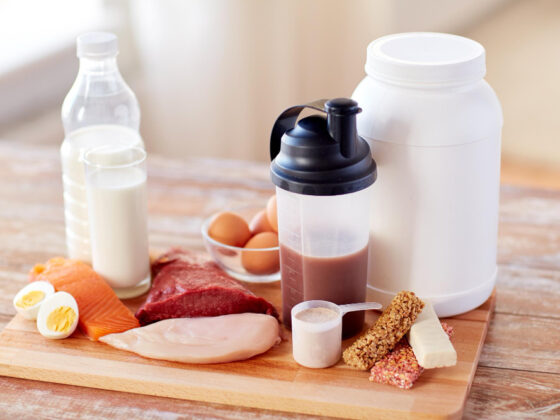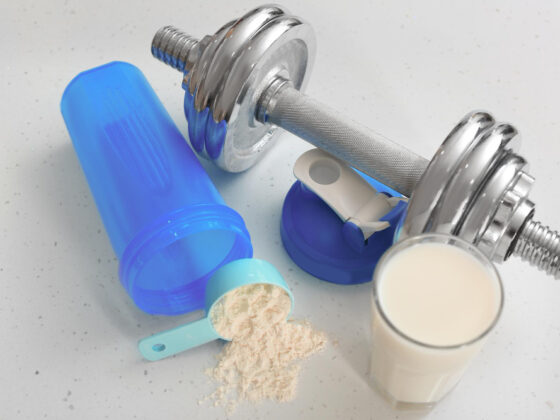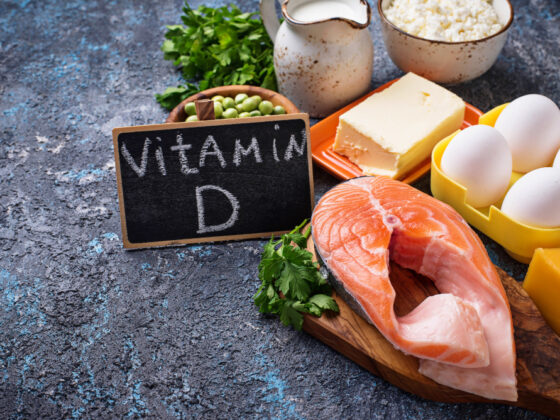Table of Contents Show
✍️ AI is summarizing:
When it comes to optimizing performance, recovery, and endurance, athlete protein intake is more than just a fitness buzzword — it’s a vital part of every serious training plan. While myths and misconceptions still surround how much protein athletes actually need, emerging research and expert insights are now offering science-backed answers.
Whether you’re a strength trainer, a marathon runner, or simply passionate about fitness, understanding the role of protein in your daily routine can be the game-changer your body has been waiting for.
Related post:
- The Evolutionary Significance of Persistence Hunting: Why We Were Born to Run
- Losing Muscle Power After 40? Here’s What You Need to Know to Stay Strong
- Doms vs Injury: How to Know if Your Pain Is Normal or a Red Flag
Athlete protein intake: New insights on protein for performance and recovery

Understanding the right amount of athlete protein intake has long been a topic of debate. The conversation often oscillates between two extremes: one camp touts the necessity of protein as the cornerstone of health and athletic performance, while the other dismisses it as an overhyped indulgence. Amidst this confusion, expert insights can help clarify the current state of knowledge about protein needs for athletes.
The critical role of protein in athlete recovery and metabolism
At a recent conference hosted by a prominent sports science institute, leading researchers shed light on protein’s vital role. According to these experts, protein is not merely about muscle repair; it plays numerous functions in recovery, metabolism, and overall athletic performance. Every day, the body undergoes the natural process of breaking down 1 to 2 percent of muscle, a figure that rises with intense training. The proteins consumed provide essential amino acids, necessary for repairing and building muscle tissue—key aspects of optimized athlete protein intake.
How protein helps with hydration and endurance

Interestingly, protein also contributes to refuelling and rehydrating the body. Research indicates that consuming a recovery drink rich in protein and carbohydrates post-exercise can expedite muscle glycogen replenishment. Additionally, protein has been shown to enhance fluid retention—highlighting a potential reason why beverages like milk are considered effective post-workout options. It can even support heat acclimatization, crucial for athletes training in warmer climates—making athlete protein intake even more important during endurance training in hot environments.
Endurance athletes may require higher protein intake
Although protein is often associated with strength training, endurance athletes have protein intake needs that may exceed general recommendations. The nature of endurance activities, like running, results in muscle damage that requires additional protein for repair. Recent studies by nutrition experts found that endurance athletes benefit from a daily athlete protein intake of approximately 1.6 grams of protein per kilogram of body weight. This ensures optimal muscle repair and building.

Traditionally, the recommended dietary allowance (RDA) for protein sits at just 0.8 grams per kilogram. Previous guidelines for endurance athletes suggested a range of 1.2 to 1.4 grams per kilogram. Yet, recent research indicates that endurance athletes require more protein, typically in the range of 1.8 to 1.9 grams per kilogram, enabling them to maximize muscle recovery and performance.
Why more protein isn’t always better for athletes

The temptation to bulk up on protein exists, but it’s important to understand that there’s a limit to its benefits. Data reveals that increasing athlete protein intake beyond 1.6 grams per kilogram does not necessarily result in greater muscle gains. While muscle mass can correlate with strength, improvements in strength are also influenced by neural adaptations and skill acquisition during specific exercises.
Another common misconception is that whey protein is the only effective source for muscle synthesis due to its high leucine content. However, research indicates that various protein sources—such as corn or a blend of pea, brown rice, and canola protein—can provide the necessary amino acids for muscle building.
Four expert-backed rules for effective athlete protein intake

To distill all this information, experts offer four simple rules for athletes aimed at optimizing protein intake:
- Consume meals and snacks spaced three to five hours apart.
- Aim for approximately 0.3 grams of protein per kilogram of body weight at each meal.
- Whenever possible, focus on real food sources of protein.
- Ensure that you meet your overall daily energy and macronutrient needs.
These guidelines provide a practical approach to protein intake, emphasizing quality and timing rather than an obsession with quantity.
Conclusion
Ultimately, for athletes pursuing peak performance and optimal health, adequate athlete protein intake is a critical component of their nutrition strategy. It supports training efforts, speeds up recovery, and ensures that every rep, run, or ride contributes effectively to long-term fitness goals. Follow our official Facebook page now to receive more interesting information.












